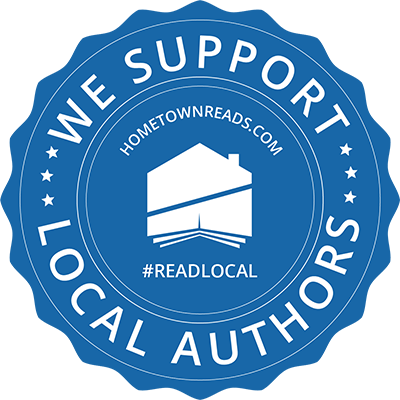In December of 2011, I was Terry Odell’s guest blogger where this article was originally posted. I’ve made a few revisions. I tend to edit myself occasionally. The white bread recipe that inspired me to write this article I learned from my friend and editing mentor, Larry Segriff. For a time, making bread was a great stress reliever in my life. The white bread recipe was simple and easy for someone who was a novice bread maker.
Most writers, in my opinion, submit their manuscript too early to publishers, perhaps thinking editors at publishing houses will help them with needed revisions. Unfortunately, in today’s marketplace editors don’t have that luxury, and a manuscript is rejected because it is not well-written. Revising is an important part of the writing process. Here’s my recipe for your very own well-revised manuscript…
You just finished your first draft. Congratulations! Finally, after months of hard work it’s time to submit your manuscript to a publisher. Wrong. Your manuscript has only the broad strokes at this point. Didn’t you know it’s time for your first draft revision?
Think of your manuscript as a simple recipe of white bread. You have flour (characters), yeast (plot), salt (climax) and water (setting) combined in a ceramic bowl. That’s your first draft.
What’s a good period of time to let your manuscript rise? A week to a month. As a writer, you need time away to distance yourself, and forget the story. This gives you an objective point of view when you come back to the novel to do the next stage in the writing process. Revision.
No matter what type of writer you are, you may leave out important little details in that first draft that will more than likely come easily when revising the second draft. Using this simple bread recipe, these little details are like spices flavoring your basic white bread. Specific details added in about setting, characterization, plot, dialogue, tension, conflict, and timing are so very important in making a once stereotypical character live and breathe in a world readers can relate to.
Okay, so you’ve just finished your second draft, reading all the way through it, adding in great details that even you didn’t realize about the main character. You also added in wonderful details on setting, and maybe fixed a plot hole you didn’t see before. What’s next? Submission? Not yet.
This time take a minimum of 48 hours away from your manuscript. Now that your bread has had time to rise, punch it down gently so it can begin to rise fully. In your third draft, be critical of the grammar, punctuation, transitions from sentence to sentence, paragraph to paragraph, and chapter to chapter. Be critical of every word your characters say to make sure it is in their voice. Be aware of how you’re “showing” and not “telling” the story to your readers. This is very important. And be sure to spend the same amount of time revising the middle and ending as you do on the hook and the first three chapters. Okay, ready? Now, it’s time to bake.
Your first batch of bread has baked in the oven. It’s time to taste-test it to see if it’s any good. Your manuscript is now ready to send out to your trusty First Readers, writers in their own right, who will give you an honest opinion. They may catch a few things you missed in earlier revisions. That’s great! But give yourself some credit. You got the manuscript this far.
Weigh your First Readers’ edits/questions carefully, keeping in mind their own success in the field before changing anything dramatic in your manuscript. Thank them for their help. Now, it’s off to fix those pesky typos you may have missed your readers caught, and bake another batch of bread.
Your recipe is the best you can make it. It looks great and tastes even better. You’ve spent countless hours on it, perfecting it, making it your own, and adding in your own blend of flavor. You feel confident you’ve given it your all. You have engaging characters, an interesting storyline, and a great conflict. The ending will give your readers pure enjoyment. And your hard work has exhausted you.
Now it is time to find a professional editor. They will look at your manuscript objectively, tasting it and weighing it against other breads they’ve tasted. You’ll get the validation from a professional in the field, and your characters will be happier. A good editor will make sure your characters don’t do something they wouldn’t or shouldn’t normally do. After all, readers wouldn’t buy bread that is crushed, or characters that push the suspension of disbelief.
One more set of revisions, adjusting the storyline or characters making sure the amount of flour and yeast is just so. Tasting it one last time before it’s put out in the open for others to taste. Yes, now is the time to submit your manuscript to a publisher. So submit it and forget it.
It’ll be a while before you receive a response. But don’t sweat it. You’ve written a wonderful story. You’ve made the bread you’ve set out to bake, and someone out there should like it. Hopefully.
And if they don’t, that’s okay. Just try a new recipe. Perhaps with a different brand of flour or a little less yeast this time. Sometimes it takes a few tries before a recipe is successful. Good luck!




